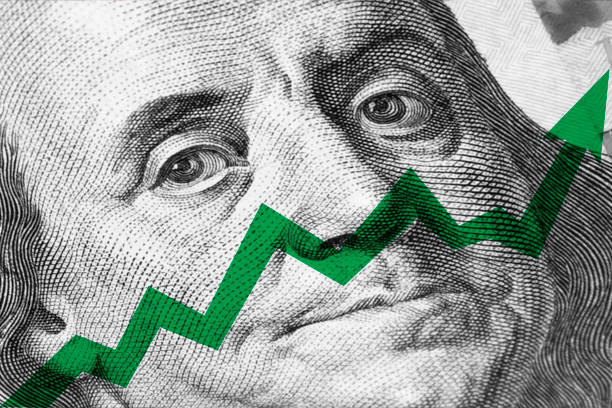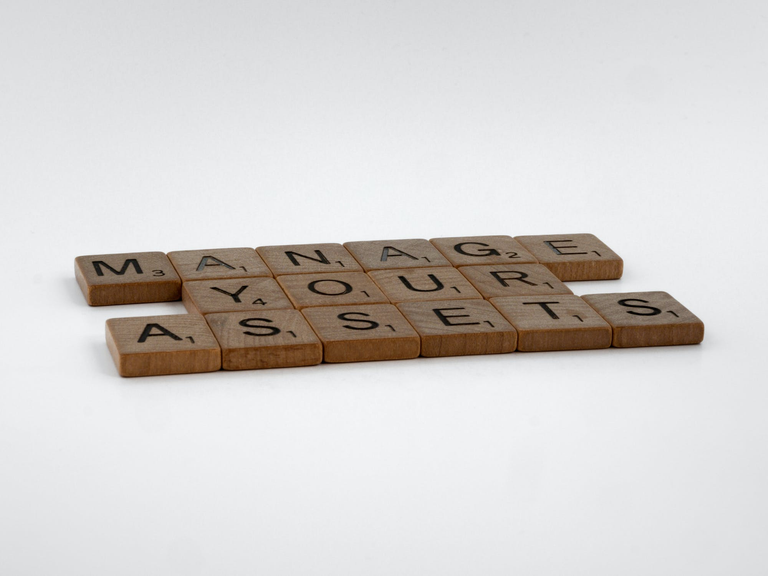
Source
Inflation is one of the most powerful economic phenomenon which affects all aspects of the economy. Inflation has both positive and negative effects, depending on who is affected by it. It can be a boon for some and a bane for others. In this article, we’ll be taking a closer look at the effects of inflation on different sectors of the economy. We’ll explore how businesses, consumers, and governments are affected by inflation and how it impacts their decisions. Additionally, we will explore what solutions are available to counteract these unwanted effects. Join us as we dive into the world of inflation!
What is inflation?
Inflation is the rate at which the prices of goods and services increase over time. The main cause of inflation is too much money chasing too few goods and services. This excess demand bidding up prices and, as a result, causing inflation.
Inflation can have both positive and negative effects. On one hand, it encourages spending and economic growth. On the other hand, it can lead to higher interest rates, which can discourage investment and saving.
Inflation can also have different effects on different sectors of the economy. For example, it may be beneficial for borrowers but harmful for savers.
The different types of inflation
There are four main types of inflation: demand-pull, cost-push, built-in, and structural.
Demand-pull inflation happens when there is too much money chasing too few goods. This puts upward pressure on prices. It can be caused by government stimulus spending or easy credit conditions.
Cost-push inflation happens when the costs of inputs rise, leading to higher prices for finished goods. This can be due to an increase in the price of oil or other raw materials.
Built-in inflation is a type of cost-push inflation that is baked into the economy. It results from rising wages and prices that are slow to adjust downward in periods of economic slack.
Structural inflation is caused by imbalances in the economy that prevent prices from adjusting properly. This can include things like minimum wage laws or rent controls that distort the housing market.

Source
The causes of inflation
Inflation is caused by a number of factors, but the most common cause is when the money supply in an economy grows faster than the economy itself. This can happen when the government prints more money or when people simply have more money to spend. Inflation can also be caused by an increase in demand for goods and services, or by a decrease in the supply of goods and services.
The effects of inflation on the economy
Inflation is an increase in the prices of goods and services in an economy. It is measured as a percentage change in the price index, which is a weighted average of prices of a basket of goods and services. The most common measure of inflation in the United States is the Consumer Price Index (CPI).
Inflation can have both positive and negative effects on an economy. On the one hand, it can lead to higher prices for goods and services, which can hurt consumers' purchasing power and standard of living. On the other hand, it can spur economic growth by encouraging businesses to invest in more productive capacity and by providing incentives for workers to work harder.
Over time, inflation can erode the value of money, which can lead to higher interest rates and decreased purchasing power. In extreme cases, high inflation can lead to hyperinflation, where prices rise so rapidly that money loses its value entirely. This can be extremely damaging to an economy, as it can lead to widespread panic and a complete breakdown in commerce.
The effects of inflation on consumers
Inflation can have a number of effects on consumers. The most direct effect is on the purchasing power of consumers. Inflation erodes the purchasing power of consumers, as prices for goods and services rise. This can lead to a decrease in the standard of living for consumers, as they are able to purchase fewer goods and services.
Additionally, inflation can lead to an increase in debt levels for consumers, as they may take on debt in order to maintain their standard of living. This can be a particularly difficult situation for fixed-income earners, who may find that their income does not keep pace with inflation.
Finally, inflation can also lead to higher levels of unemployment, as businesses cut back on production due to rising costs. This can have a knock-on effect on consumption levels, as unemployed individuals have less money to spend.

Source
How to protect yourself from inflation
The effects of inflation can be both good and bad depending on your circumstances. If you are a saver, then inflation can be detrimental as the value of your money will decrease over time. On the other hand, if you are in debt, then inflation can be beneficial as it will reduce the real value of your debt.
There are a number of things that you can do to protect yourself from inflation:
Invest in assets that will increase in value with inflation. This includes things like property, gold and other commodities.
Use an investment strategy known as dollar-cost averaging. This involves investing a fixed amount of money into an asset regularly, regardless of the price. Over time, this will average out the cost of your investment and protect you from paying too much when prices are high.
Ladder your investments. This involves investing in a number of different assets with different maturity dates. This way, if one investment loses value due to inflation, you will not have all your eggs in one basket.
Diversify your portfolio across a number of different asset classes. This will help to spread the risk and protect you from any one particular asset class losing value due to inflationary pressures
Conclusion
Inflation can have a major impact on our lives, both positively and negatively. It is important to understand how inflation works and the effects it has on different aspects of society so you can make more informed financial decisions in the future.
With this knowledge, you will be better equipped to protect your finances from the risk of inflation. Furthermore, by understanding how government policy affects levels of inflation, we can come together as a community and work towards minimizing its negative impacts while harnessing its positive potentials for everyone's benefit.
Posted Using LeoFinance Beta
Congratulations @theavose! You have completed the following achievement on the Hive blockchain And have been rewarded with New badge(s)
Your next target is to reach 200 replies.
You can view your badges on your board and compare yourself to others in the Ranking
If you no longer want to receive notifications, reply to this comment with the word
STOPCheck out our last posts:
Support the HiveBuzz project. Vote for our proposal!